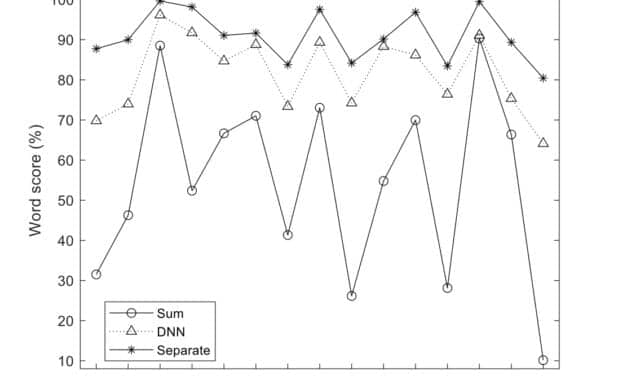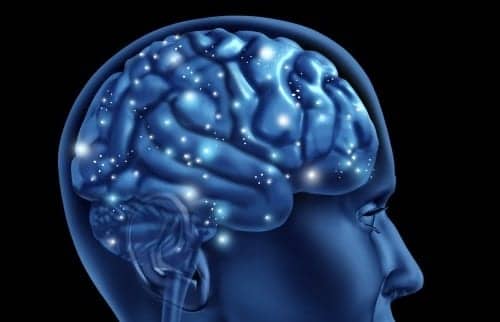AI-Driven Insights from AI-Driven Data
Widex has long been using real-time artificial intelligence to help hearing aid users customize their sound in the moment. Now the resulting large amounts of real-life user data can also be analyzed using artificial intelligence, revealing meaningful clusters of preferences for distinct listening situations.
Read More













